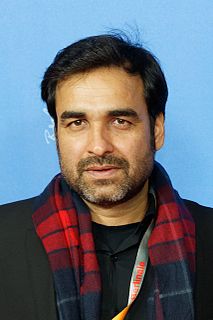A Quote by Marcus Tullius Cicero
Philosophy is true mother of the arts [of science].
Quote Topics
Related Quotes
Philosophy is the science of estimating values. The superiority of any state or substance over another is determined by philosophy. By assigning a position of primary importance to what remains when all that is secondary has been removed, philosophy thus becomes the true index of priority or emphasis in the realm of speculative thought.
My position is a naturalistic one; I see philosophy not as an a priori propaedeutic or groundwork for science, but as continuous with science. I see philosophy and science as in the same boat--a boat which, to revert to Neurath's figure as I so often do, we can rebuild only at sea while staying afloat in it. There is no external vantage point, no first philosophy.
The true man of science will know nature better by his finer organization; he will smell, taste, see, hear, feel, better than other men. His will be a deeper and finer experience. We do not learn by inference and deduction and the application of mathematics to philosophy, but by direct intercourse and sympathy. It is with science as with ethics,--we cannot know truth by contrivance and method; the Baconian is as false as any other, and with all the helps of machinery and the arts, the most scientific will still be the healthiest and friendliest man, and possess a more perfect Indian wisdom.











































